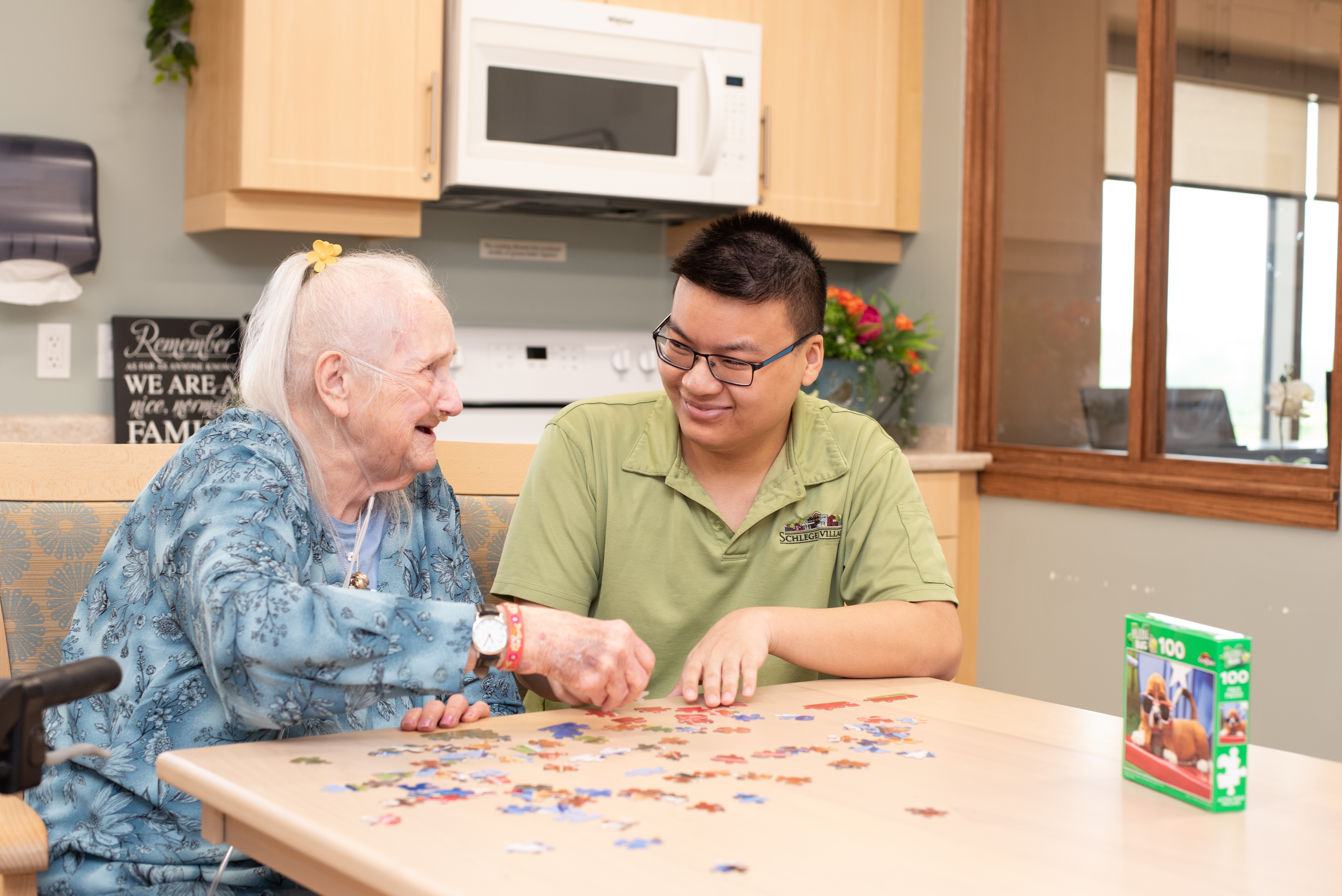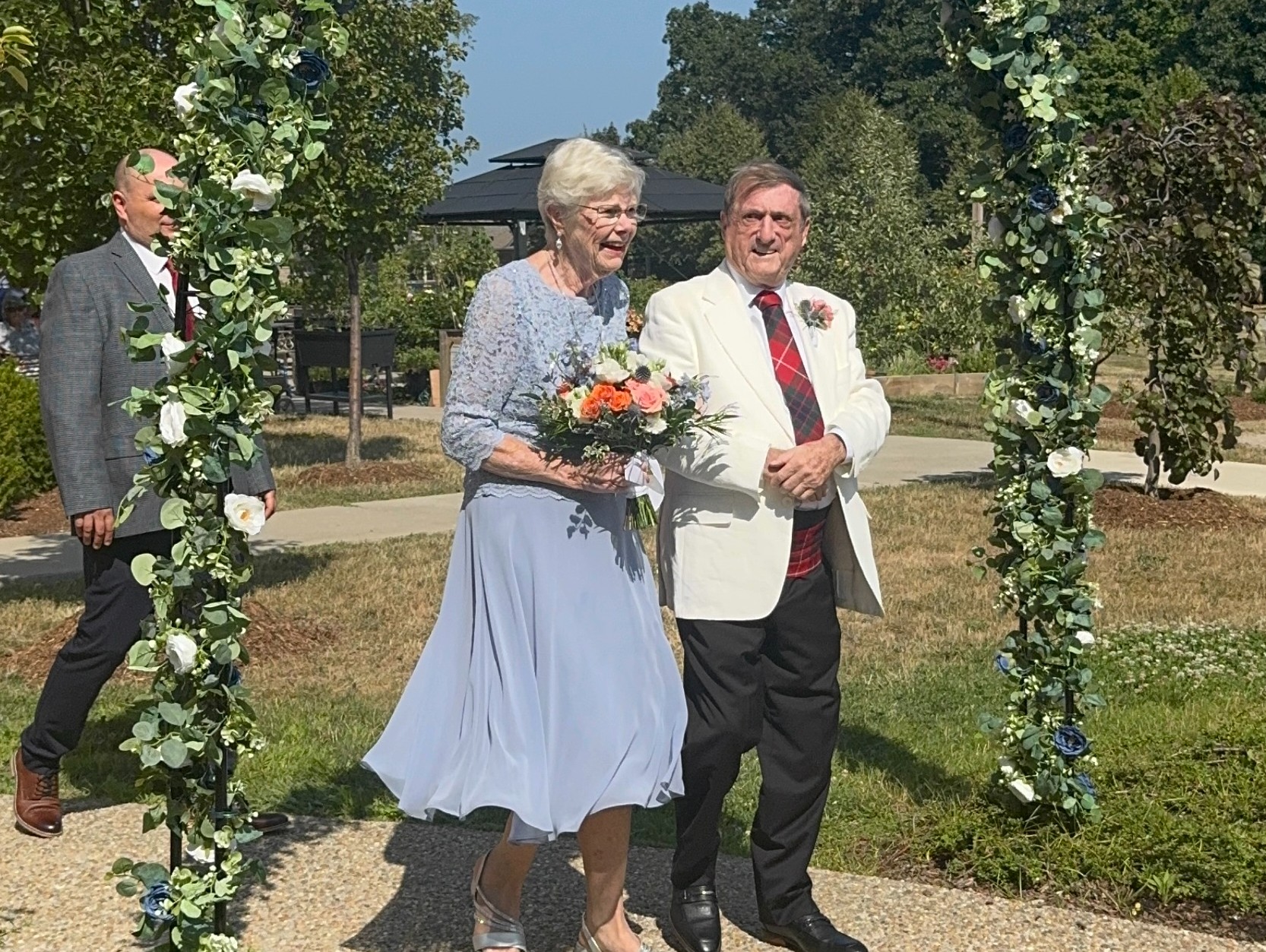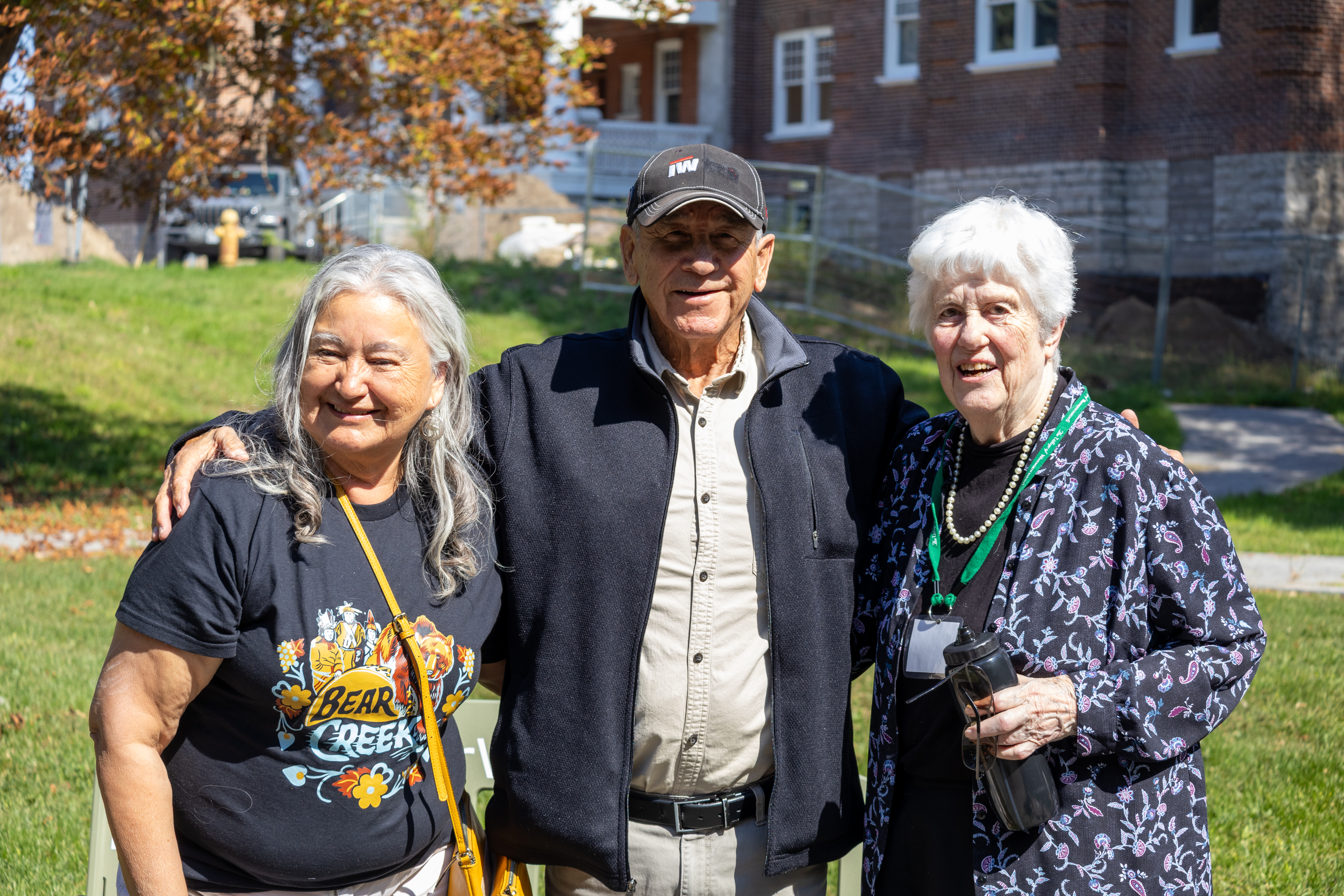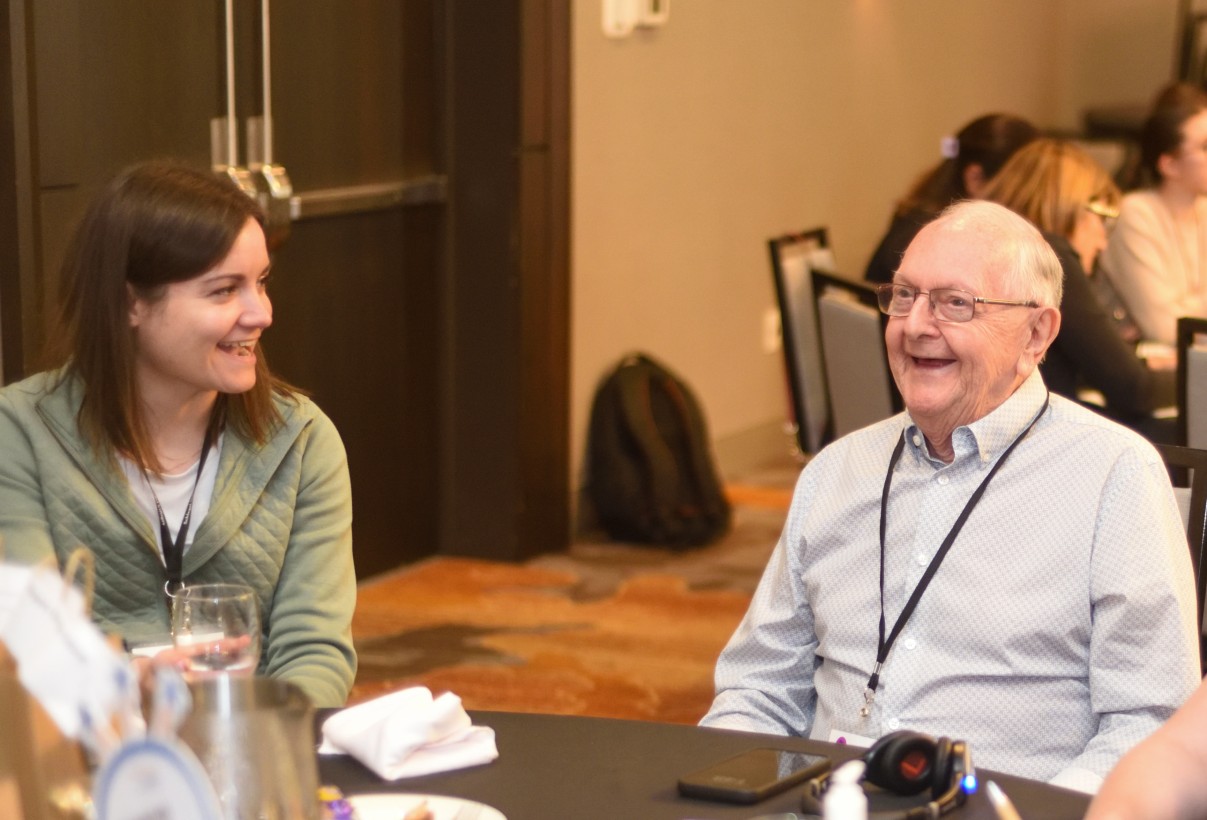Powerful new understandings as neighbours describe why they want to #ENDALZ
By Kristian Partington
The Village at St. Clair in Windsor, like so many places across the country that serve older adults who are living with Alzheimer’s disease and other forms of dementia, is eager to show strength and support during Alzheimer’s Awareness Month.

Across the country throughout January, care providers, families, Alzheimer’s societies and those who are living with the disease work to draw attention to the realities of Alzheimer’s and help reduce the stigmas and stereotypes that tend to anchor society’s understanding of the disease.
At St. Clair, however, a stubborn respiratory infection is limiting the events that can be held by keeping each neighbourhood as isolated as possible to ward off the spread of infection. The team there and the neighbours they serve are still involved, however, and they have every intention of making their presence felt at the annual Walk for Memories event at the end of the month at Windsor’s Devonshire Mall.
Neighbourhood coordinator Candace Manwaring was among the first to begin planning activities that could still raise awareness and involve neighbours, despite the infection controls in place.
“We’re really trying to keep everyone busy and we’re hoping with Alzheimer’s Awareness Month we can build some momentum for the Walk for Memories,” Candace says.
One of the ideas the team pursued was a series of conversations with different neighbours about why they would like to see an end to Alzheimer’s disease. With a small white board, the neighbour would finish the phrase: “I want to #ENDALZ because . . .” and have their picture taken to be shared with the community via social media. It turned out to be a personal and powerful experience says Christine Moore, a dietary team member who took part in some of these conversations.
“I spent most of the morning talking to different neighbours about their experiences with people they know who have Alzheimer’s and just hearing a little bit about their stories, and from there finding out why they want to put an end to it,” Christine says. “Well, some of the stories were pretty . . . heartwarming and gut-wrenching at the same time. I don’t know how to describe it.”
Candace says the conversations and accompanying photos had more of an impact on her than she’d anticipated. “Honestly, I was a little more surprised by how I felt about the pictures when I saw them than I was expecting,” she says. “Some of the residents, what they said, well, some people might never consider it.”
One neighbour wrote on the board that she wanted to end Alzheimer’s because she doesn’t want people to laugh at her, for example. Another woman wrote: “We’re people too.” For Candace, these sentiments speak to the prejudices that can follow a diagnosis of Alzheimer’s – prejudices that are largely perpetuated by the public’s misunderstanding of the disease.
Tackling these prejudices and stereotypes are what Alzheimer’s Awareness Month is all about and despite the challenges that come with a bad flu season, the teams and neighbours at St. Clair are steaming ahead.
- Previous
- View All News
- Next


































































































































































































































































































































































































































































































































































